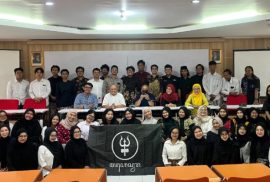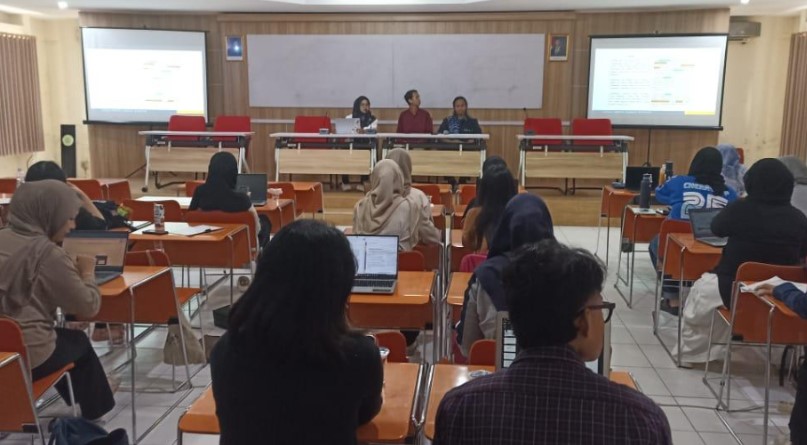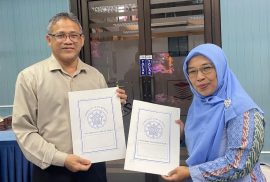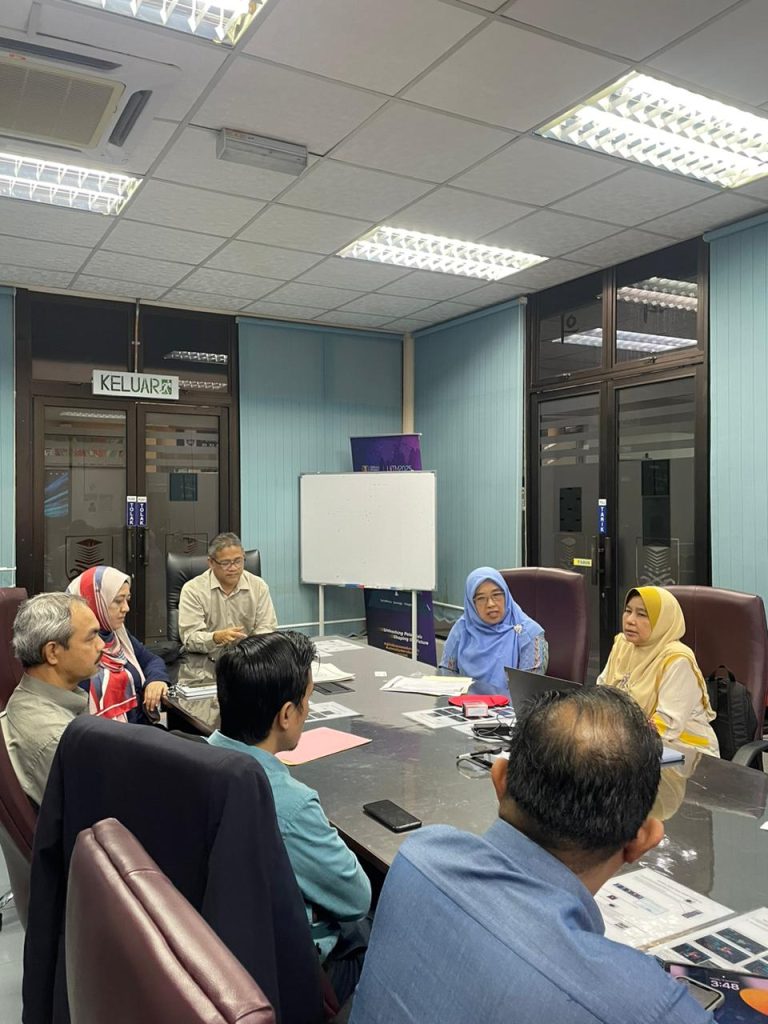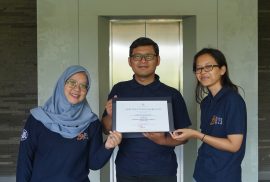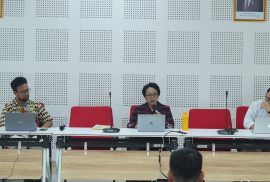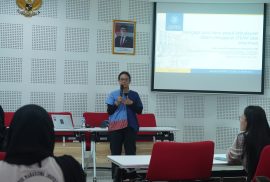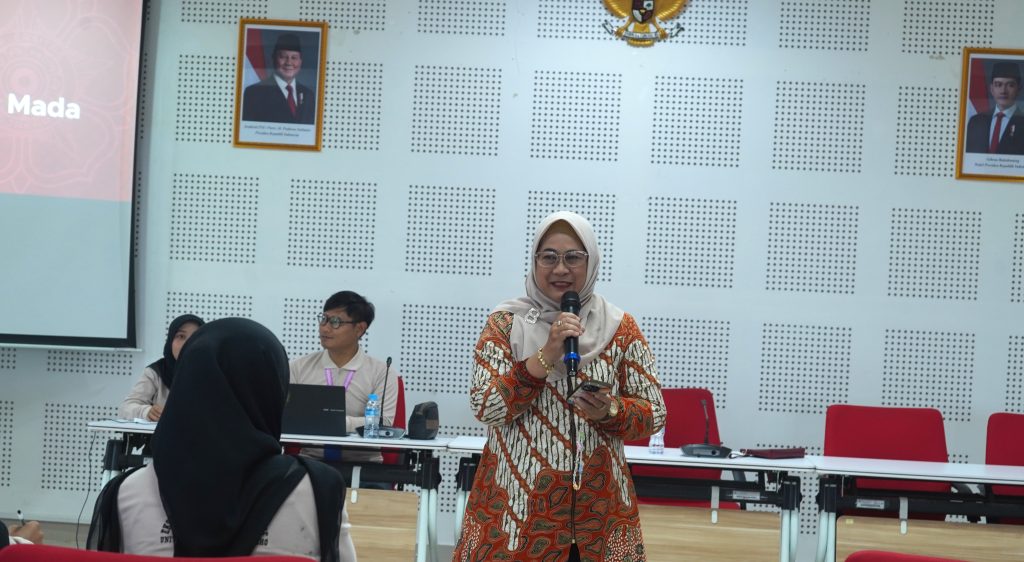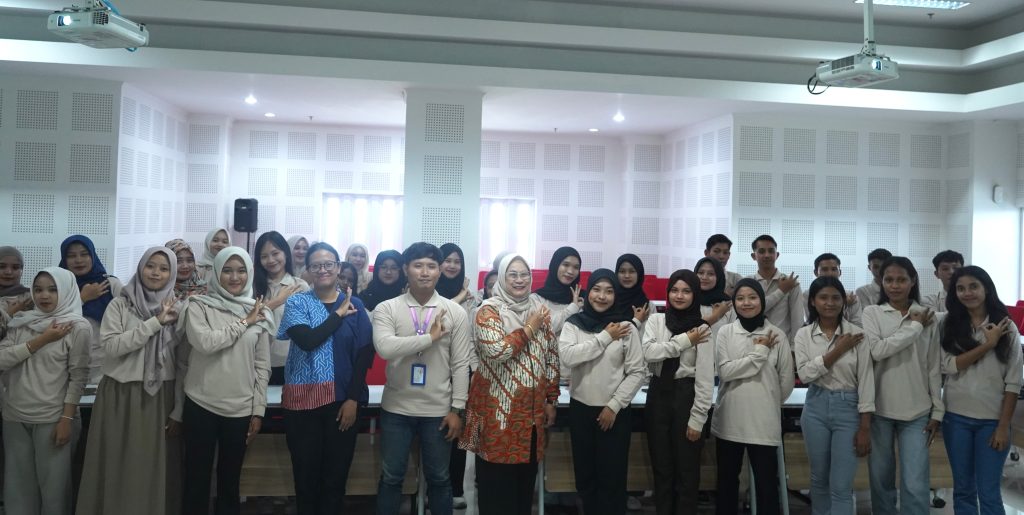The Javanese Language, Literature, and Culture Study Program, Faculty of Cultural Sciences (FIB), Universitas Gadjah Mada (UGM), will hold a combined Final Semester Exam (FSE) through a joint proposal seminar on December 15–17, 2025. The event will be held in the Multimedia Room on the 2nd floor of the Margono Building, FIB UGM, from 8:00 a.m. to 11:30 a.m.
This joint proposal seminar is the final exam for three courses, namely Philology Seminar, Linguistics Seminar, and Literature. Through this activity, students present their thesis proposals and explain the progress of their research.
During the event, lecturers from the Javanese Language, Literature, and Culture Study Program are present as examiners and respondents. The lecturers provide comments, input, and constructive suggestions regarding the substance of the research, methodology, and direction of the students’ undergraduate thesis development.
This joint proposal seminar activity not only serves as a final semester academic evaluation, but also becomes a forum for scientific discussion between students and lecturers. Through this forum, students are expected to obtain comprehensive feedback to improve their thesis research.
This event is expected to help students finalize their thesis planning and implementation, while also improving the quality of research in the fields of Javanese language, literature, and culture.
Author : Haryo Untoro
Editor : Haryo Untoro

